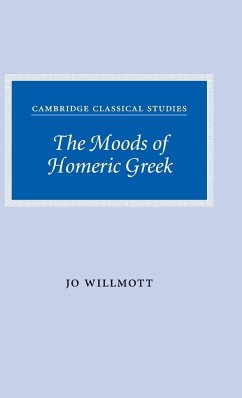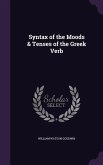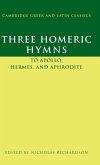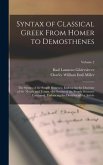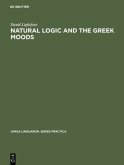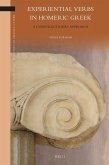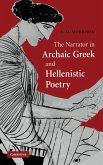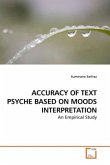Homeric Greek has a particularly rich system of moods which are analysed afresh in this book in the light of recent theoretical interest in the semantic domain of modality. The domain is one of the most complex and interesting, since modal forms are used for the most 'subjective' of messages, expressing our beliefs, intentions, desires, abilities and wishes. Incorporating findings from the theory of grammaticalisation, this study considers the Homeric Greek modal system from a diachronic perspective and offers a radical revision of traditional accounts. Providing insights into both individual constructions as well as the overall system of modality in Greek, it will be of interest to general linguists, linguists studying ancient Greek, and also scholars interested in fundamental questions of meaning in Greek. The indices, where all the instances of the moods in the Homeric poems are categorised into types, also make it useful as a research tool.
Hinweis: Dieser Artikel kann nur an eine deutsche Lieferadresse ausgeliefert werden.
Hinweis: Dieser Artikel kann nur an eine deutsche Lieferadresse ausgeliefert werden.

